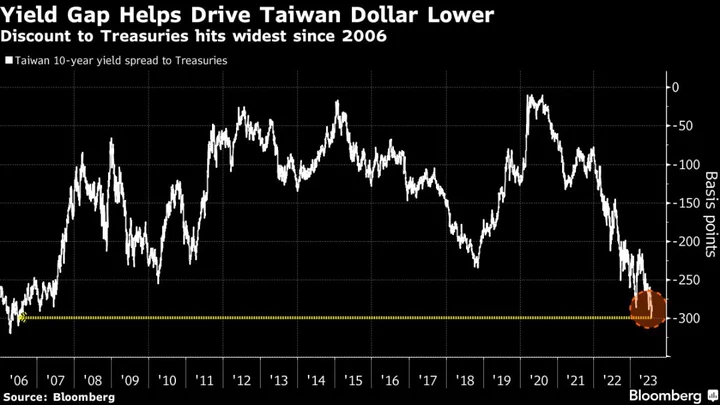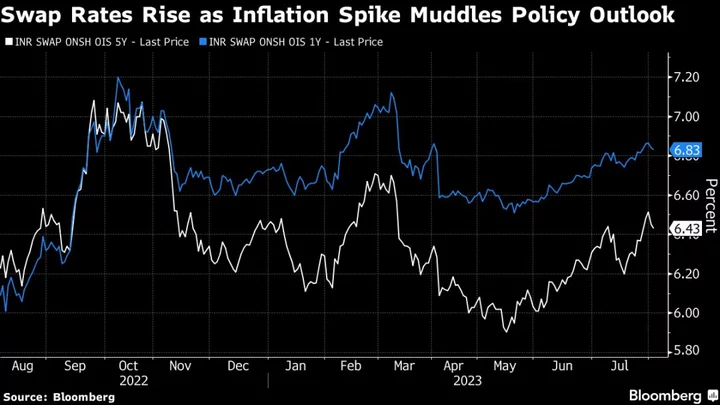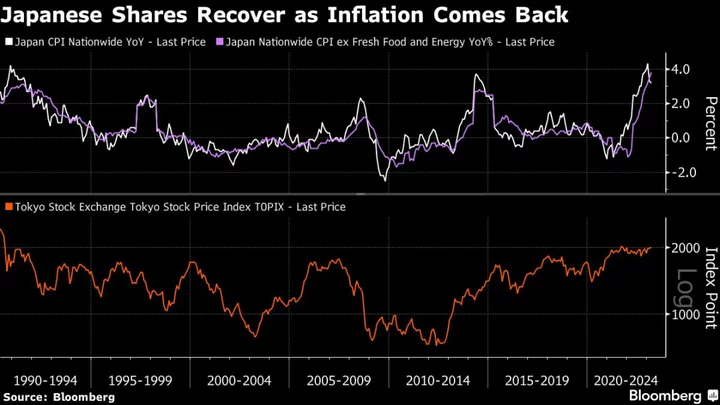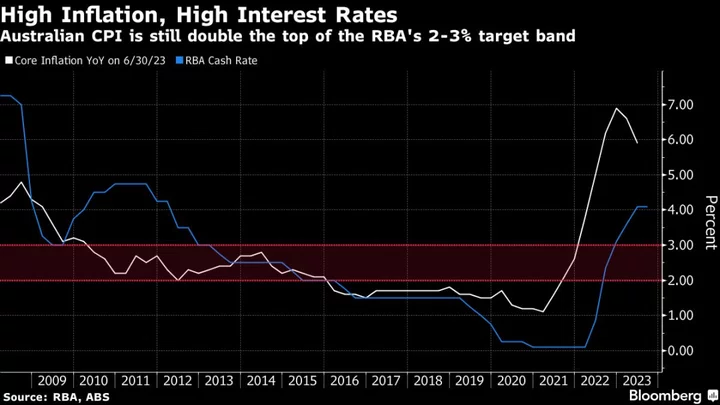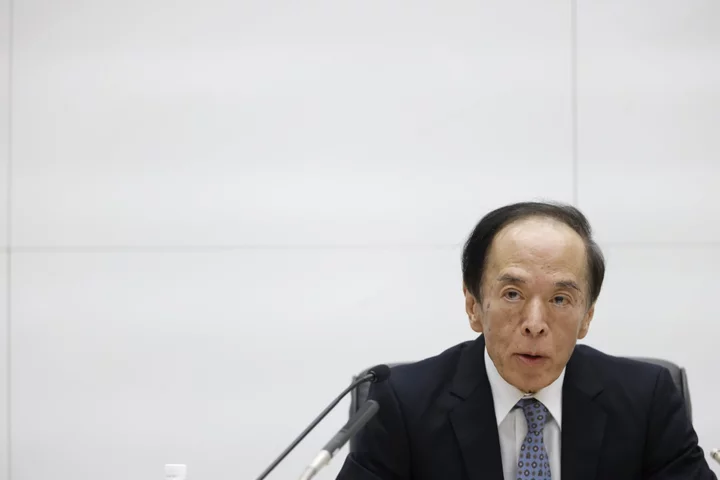Taiwan’s dollar had a rough run this quarter and investors fleeing Asia’s lowest-yield market outside of Japan threaten to further exacerbate the losses.
The currency dropped more than 2% against the dollar since June 30, the biggest decline in the region, as the island’s investors pile into exchange-traded funds, while overseas investors sell stocks. Taiwan’s 10-year notes yield 1.18%, with the discount to similar-dated Treasuries ballooning to the widest since 2006. Bonds in Thailand, emerging Asia’s third-lowest yielder, offer coupon payments that are more than double those from Taiwan.
Investors seeking higher yields abroad put nearly $16 billion into exchange-traded bond funds starting last November, a nine-month stretch of inflows unmatched since 2019, data compiled by Bloomberg show. That creates relentless downward pressure on the local currency as managers of the ETFs, which mostly invest in US bonds, receive Taiwan dollars from clients and then have to sell them in order to buy foreign debt.
“TWD weakness is contributed by foreign fund outflows and life insurance companies adding foreign bond ETFs adds on to the pressure,” said Eupho Lin, chief economist of Cathay United Bank Co., Taiwan’s second largest private bank. Taiwan Central Bank revealed foreign fund outflows of roughly $70 billion in July, which are larger than usual.
Foreign investors have also sold over $4.8 billion from Taiwan stock market this quarter, which makes it the least favored among Asia.
Taiwan’s worst drop in exports since the 2008 global financial crisis is also weighing on the currency. Companies like Taiwan Semiconductor Manufacturing Co., the world’s biggest contract chipmaker, need to sell greenbacks to bring revenue back home traditionally provides support for the Taiwan dollar. Now they have fewer US dollars, and the yield gap makes them more reluctant to do so.
“Exporters probably prefer not to convert their export receipts amid high US dollar interest rates,” said Tommy Wu, senior China economist at Commerzbank AG in Singapore.
The island’s exports dropped 10.4% in July from a year earlier, an 11th consecutive decline. Shipments abroad tumbled at a 23% annual pace in June, the largest decrease since 2009.
“As Taiwan import inflation pressure eases, export remains gloomy and Taiwan is still on US Treasury currency report watch list, Taiwan Central Bank is unlikely to intervene greatly,” Eupho Lin said.
--With assistance from Chester Yung.
Author: Chien-Hua Wan and Garfield Reynolds

